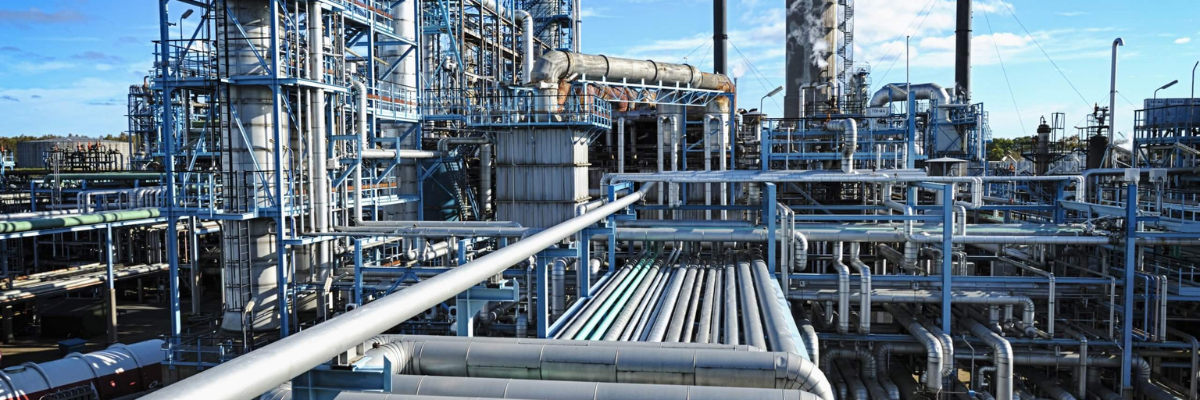Water treatment is a critical process for ensuring that water is safe for human consumption, industrial use, and environmental protection. Its importance spans health, economic, and environmental sectors, impacting everything from drinking water quality to industrial operations and agricultural productivity. Here are key reasons why water treatment is essential:
1. Public Health and Safety
- Prevention of Waterborne Diseases: Untreated water can carry harmful pathogens such as bacteria, viruses, and parasites that cause diseases like cholera, dysentery, typhoid, and gastrointestinal infections. Water treatment processes like filtration, disinfection, and chlorination ensure that drinking water is free from harmful microorganisms.
- Safe Drinking Water Supply: Treated water meets established health and safety standards, making it safe for consumption. It removes physical, chemical, and biological contaminants that could otherwise pose risks to human health.
2. Environmental Protection
- Minimizing Pollution: Untreated wastewater from households, industries, and agriculture can lead to pollution of water bodies, impacting aquatic ecosystems. Water treatment prevents harmful chemicals, toxins, and pollutants from being discharged into rivers, lakes, and oceans, protecting wildlife and ecosystems.
- Ecosystem Conservation: By treating water before it is discharged back into the environment, ecosystems such as wetlands, rivers, and marine environments are protected from contamination that could disrupt biodiversity and natural processes.
3. Sustainable Water Use
- Water Reuse and Recycling: Water treatment facilitates the reuse of water for various purposes, including agriculture, industrial processes, and landscaping. Treated wastewater can be recycled for non-potable applications, reducing the demand for freshwater resources.
- Supporting Agriculture: Treated water can be safely used for irrigation without risking soil contamination or crop damage. This is especially important in water-scarce regions where the reuse of treated wastewater can ensure sustainable agriculture.
4. Economic Benefits
- Cost Savings in Industry: Many industries, such as power generation, pharmaceuticals, and food processing, require high-quality water for their processes. Effective water treatment ensures a consistent supply of water that meets the required standards, reducing equipment damage and maintenance costs due to contaminants like scale-forming minerals or corrosive substances.
- Reduced Healthcare Costs: By providing clean drinking water and preventing waterborne diseases, water treatment reduces the incidence of illness, lowering public health expenditures and improving productivity in communities.
5. Industrial Applications
- Water Quality for Industrial Processes: Water treatment ensures that water used in manufacturing, chemical production, and energy generation meets the specific quality requirements of these industries. This prevents damage to equipment, improves operational efficiency, and ensures compliance with regulatory standards.
- Efficient Cooling and Heating Systems: Water used in industrial cooling or heating systems must be treated to prevent scale buildup, corrosion, and microbial growth, which can affect efficiency and increase energy consumption.
6. Compliance with Regulations
- Meeting Regulatory Standards: Governments and environmental agencies impose strict regulations regarding water quality, both for drinking water and wastewater discharge. Water treatment ensures compliance with these regulations, avoiding fines, legal action, and reputational damage for industries and municipalities.
- Supporting Clean Water Acts: Water treatment plants help municipalities and industries meet the requirements of clean water acts and environmental protection laws, ensuring that treated water released into the environment is safe.
7. Protection of Infrastructure
- Prolonging Equipment Life: In industrial setups, untreated or inadequately treated water can cause scaling, corrosion, and biofouling in pipelines, boilers, cooling towers, and other infrastructure. Water treatment prevents these issues, extending the lifespan of equipment and reducing maintenance costs.
- Preserving Plumbing Systems: Water with high mineral content, particularly hard water, can lead to scaling in household and industrial plumbing systems. Water treatment methods like softening help preserve the integrity of plumbing systems by preventing blockages and corrosion.
8. Ensuring Safe Recreational Water
- Pools and Public Recreational Areas: Water treatment ensures that recreational water, such as in swimming pools or water parks, is free from harmful pathogens and safe for use. Chlorination and other treatment methods help maintain hygiene and safety in public recreational water bodies.
9. Addressing Water Scarcity
- Conservation of Water Resources: In regions facing water scarcity, treated wastewater can be a vital resource for non-potable uses, such as irrigation and industrial processes. This helps conserve freshwater for drinking and other essential needs.
- Desalination: In coastal and arid regions, desalination (the treatment of seawater to remove salts and impurities) provides an alternative source of freshwater, reducing dependence on limited groundwater or surface water sources.
10. Mitigating Climate Change Impacts
- Flood and Drought Management: Water treatment systems, particularly for stormwater and flood management, help prevent the contamination of water supplies during extreme weather events. By treating water and managing its quality, communities can better cope with the consequences of climate change, including floods and droughts.
- Energy Efficiency: Water treatment plants that use energy-efficient technologies can help reduce the overall energy consumption of water supply systems, contributing to sustainability and reducing greenhouse gas emissions.
11. Improving Soil and Plant Health
- Water Quality for Irrigation: Treated water used for agricultural irrigation prevents the introduction of harmful chemicals and pathogens into the soil. Clean irrigation water promotes healthier crops and prevents soil degradation caused by excessive salts, heavy metals, or toxic chemicals.
Conclusion
Water treatment is essential for safeguarding public health, preserving the environment, and ensuring the sustainable use of water resources. By removing harmful contaminants, recycling wastewater, and conserving clean water supplies, water treatment contributes to a healthier population, stronger ecosystems, and more resilient economies. It plays a vital role in addressing global challenges like water scarcity, pollution, and climate change, ensuring the availability of clean water for present and future generations.



Recent Comments